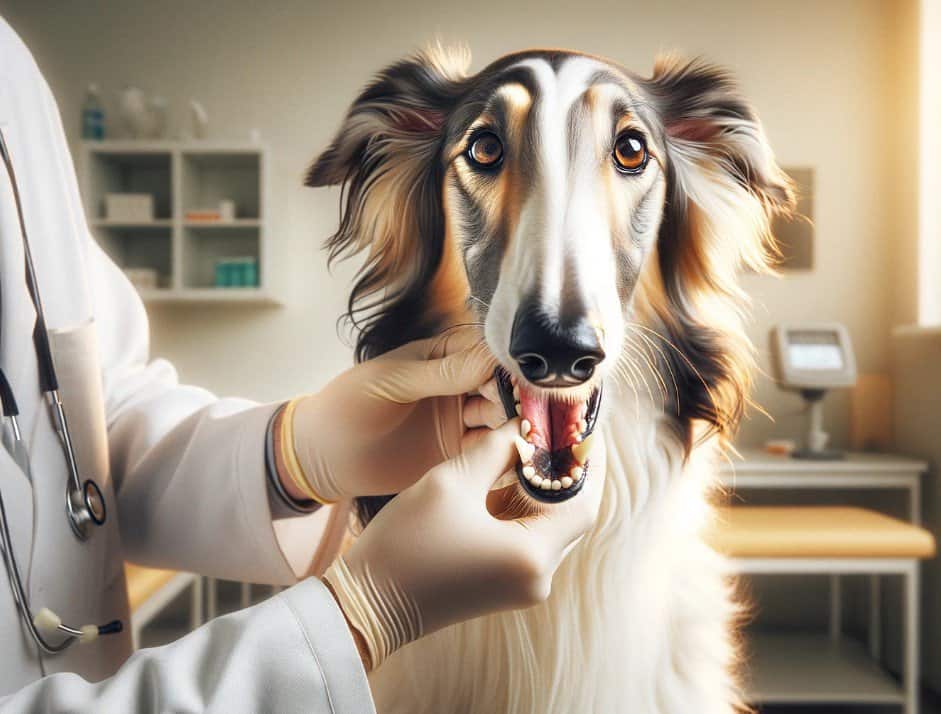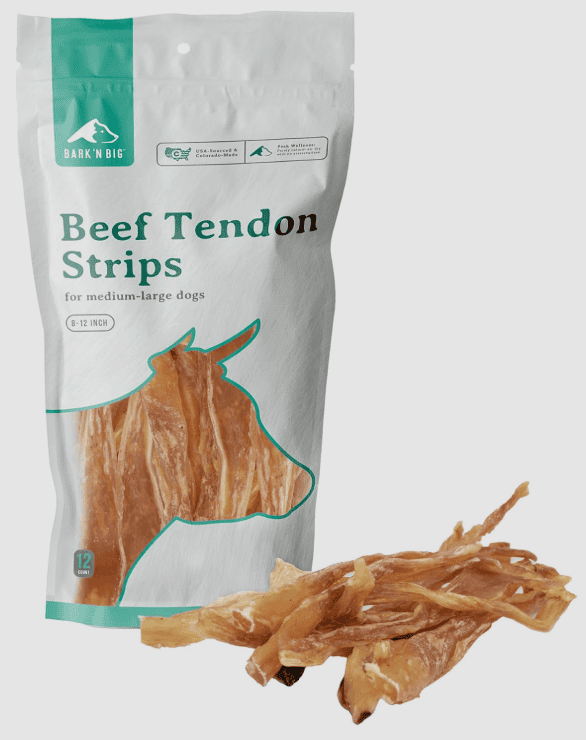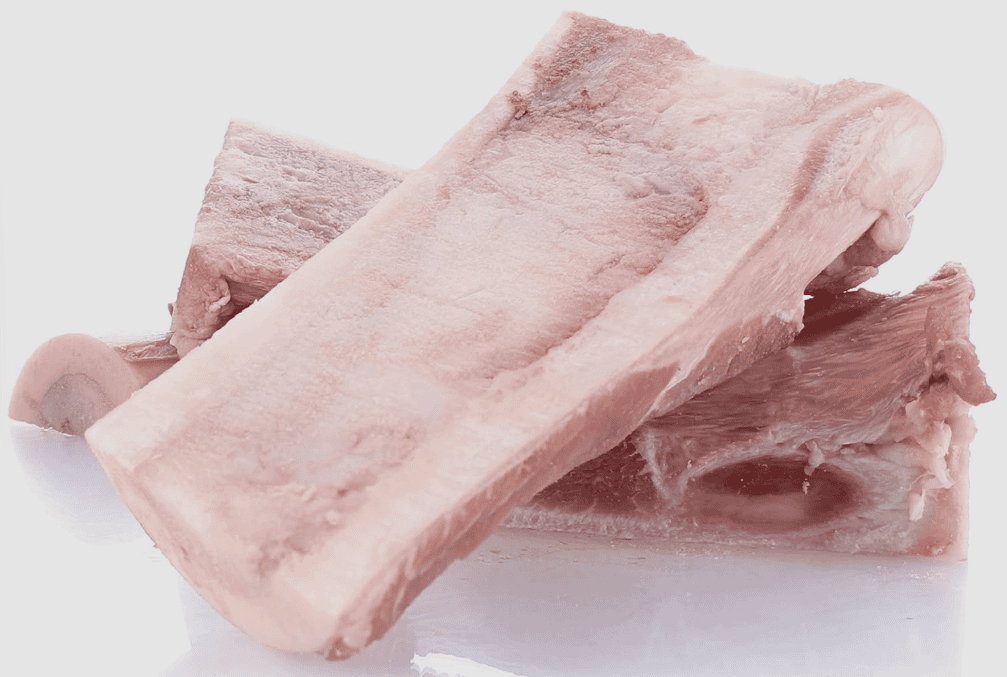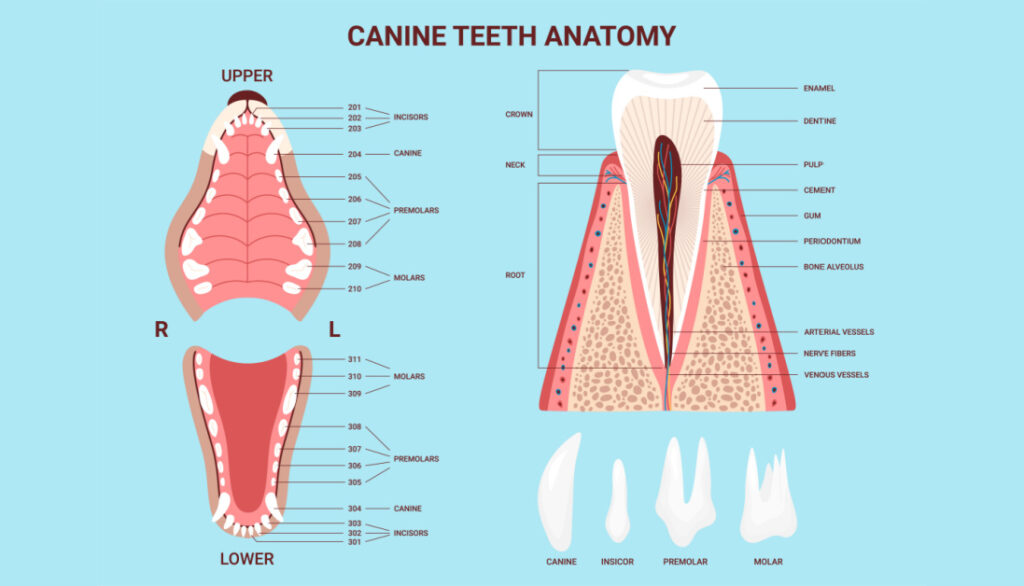Hey there, fellow dog lover! I’m Dr. Candy, your friendly holistic veterinarian. Today, we’re going to talk about a topic that’s near and dear to my heart – Borzoi Dental Health. If you’re a proud parent of a Borzoi, you know that these majestic creatures are a joy to have around. But, like all breeds, they have their unique health concerns, and dental health is one of them.
Did you know that dental health is a key indicator of your dog’s overall health? Yes, it’s true! It’s not just about fresh breath and pearly whites. Poor dental health can lead to serious issues like gum disease, tooth loss, and even systemic diseases affecting the heart and kidneys. So, it’s crucial to keep those Borzoi teeth clean and healthy.
From recognizing the signs of dental disease in your Borzoi to understanding common dental health issues, we’ll cover it all. We’ll also explore both conventional and holistic dental treatments, and I’ll share my favorite dental chews and products for your Borzoi. So, let’s get started on this journey to better oral hygiene for your beloved furry friend!

Signs of Dental Disease in Borzoi
As a holistic veterinarian, I can’t stress enough how important it is for you as a Borzoi parent to be aware of the signs of dental disease in your pet. Your dog’s dental health is crucial to their overall well-being, and early detection of any issues can make all the difference.
Bad breath is often the first sign of a problem. If your Borzoi’s breath is consistently foul, it’s time to take a closer look. But don’t stop at just sniffing. Regularly inspect your Borzoi’s mouth for symptoms such as inflamed gums, which might appear red or swollen, and tartar buildup, a yellow or brown crust on the teeth.
Loss of appetite or difficulty eating can also be a sign of dental disease. If your Borzoi is refusing food, dropping food from their mouth, or seems to be chewing only on one side, these could be signs of oral discomfort.
Excessive drooling is another symptom to watch out for. While some drool is normal for many dogs, if your Borzoi is drooling more than usual, it might be because of dental pain.
Finally, pay attention to any changes in behavior. If your usually playful Borzoi seems lethargic or is pawing at their mouth, it’s time to consult a vet.
- Bad breath
- Inflamed, red or swollen gums
- Tartar buildup on teeth
- Loss of appetite or difficulty eating
- Excessive drooling
- Changes in behavior, like lethargy or pawing at the mouth
Remember, these signs can easily be missed if you’re not actively looking for them. Regular at-home check-ups, combined with professional dental cleanings, are key to maintaining your Borzoi’s oral health.
As part of your Borzoi’s dental health regimen, consider incorporating some holistic approaches, like specific diet changes and oral health probiotics. But more on that later. For now, just remember: when it comes to your Borzoi’s dental health, prevention is always better than cure. So, keep an eye out for these signs and take action swiftly if you notice anything unusual. Your Borzoi will thank you for it!
Common Dental Health Issues In Borzoi
As a veterinarian, I frequently encounter a range of dental health issues in Borzoi dogs. Understanding these common problems can help you take proactive steps towards maintaining your Borzoi’s dental health.
One of the most common issues is periodontal disease. This is an infection of the tissues surrounding the teeth, which can lead to tooth loss if left untreated. Symptoms include bad breath, red or swollen gums, and difficulty eating.
Another common problem is tooth decay. Borzois, like other breeds, can develop cavities if their teeth are not regularly cleaned. This can cause discomfort and lead to more serious issues like abscesses.
Finally, Borzois can also suffer from broken teeth. These can occur due to chewing on hard objects, and can cause significant pain.
- Periodontal disease: Bad breath, red or swollen gums, difficulty eating
- Tooth decay: Discomfort, potential for abscesses
- Broken teeth: Pain, often due to chewing on hard objects
Remember, regular check-ups and a good oral hygiene routine can help prevent these common Borzoi dental health problems. As always, if you notice any changes in your Borzoi’s eating habits or oral health, it’s important to consult with a veterinarian.

Conventional Dental Health Treatments for Borzoi
When it comes to Borzoi dental health, conventional treatments play a significant role. These treatments are designed to maintain oral hygiene and prevent the development of dental diseases.
Anesthetic Dental Cleanings
One of the most common treatments is anesthetic dental cleanings. This involves putting your Borzoi under general anesthesia so that a thorough cleaning can be done. This procedure is quite effective as it allows the vet to reach all areas of the mouth, including under the gum line where plaque and tartar can build up.
However, while anesthetic dental cleanings are beneficial, they also come with risks. General anesthesia can pose serious health issues, especially for dogs with pre-existing conditions.
Potential Individual Health Obstacles
In the case of your Borzoi, there are specific health obstacles to consider before opting for anesthetic dental cleanings. Borzoi dogs are known to have certain health conditions that make them more susceptible to risks associated with anesthesia.
- Heart Problems: Borzoi dogs are prone to cardiac issues, which can be exacerbated by anesthesia. If your Borzoi has a heart condition, it’s essential to discuss this with your vet before any dental procedure.
- Drug Sensitivities: Borzoi dogs may have sensitivities to certain drugs used in anesthesia, which could lead to adverse reactions.
- Seizures: If your Borzoi has a history of seizures, anesthesia could potentially trigger an episode.
- Extreme Age: Older Borzoi dogs may not handle anesthesia as well as younger ones. In such cases, alternative dental care options should be considered.
In conclusion, while conventional treatments like anesthetic dental cleanings can contribute significantly to your Borzoi’s dental health, it’s crucial to consider individual health obstacles. Always consult with your vet to determine the best course of action for your Borzoi’s oral hygiene. Remember, Borzoi dental health is an essential part of their overall well-being!
Dr. Candy’s Holistic Approach To Oral & Dental Health
When it comes to maintaining your Borzoi’s dental health, a holistic approach can be highly beneficial. This involves taking into account the entire health of your dog, rather than just focusing on their teeth. Here are some key aspects of this approach:
Diet- Low Carbs, Avoid Added Sugars, Enzymes In Fresh Food
One of the cornerstones of holistic dental health in Borzois is a proper diet. A diet low in carbohydrates is essential. Carbs can turn into sugars in your dog’s mouth, which can lead to plaque buildup and eventually tooth decay. Avoiding added sugars in your dog’s diet is also crucial. These sugars can stick to your Borzoi’s teeth, creating a breeding ground for harmful bacteria.
Another key aspect of a healthy diet for your Borzoi’s dental health is the inclusion of enzymes found in fresh food. Fresh, raw foods like fruits and vegetables can help to naturally clean your dog’s teeth. These foods contain enzymes that can help to break down plaque and tartar, keeping your dog’s teeth clean and healthy.
Oral Health Specific Probiotics
Probiotics are another vital part of a holistic approach to your Borzoi’s dental health. These beneficial bacteria can help to balance out the harmful bacteria in your dog’s mouth, reducing the risk of dental disease.
I highly recommend Probiora for Dogs, an oral health targeted probiotic. This product is designed specifically to support your dog’s oral health. It contains strains of beneficial bacteria that can combat the harmful bacteria that cause dental disease. Simply add the recommended dose to your dog’s food or water each day to help maintain their oral health.
Remember, maintaining your Borzoi’s dental health is about more than just cleaning their teeth. It’s about taking a holistic approach that considers their overall health. By focusing on a healthy diet and using products like Probiora for Dogs, you can help to keep your dog’s teeth and gums healthy, reducing their risk of dental disease.
Remember, your Borzoi’s dental health is a crucial part of their overall wellbeing. By taking a holistic approach, you can help to ensure they stay healthy and happy for many years to come.

Recommended Dental Chews & Products For Borzoi
If you’re a Borzoi parent, you might have been led to believe that commercially promoted dental chews are the magic solution for your dog’s oral health. However, it’s important to understand that these chews often fall short of their promises. Many contain added sugars, artificial flavors, colors, and preservatives, which can actually harm your Borzoi’s dental health rather than improving it. Plus, some of these chews are too hard, posing a risk of tooth fractures.
Furthermore, many pet parents are tempted to use drinking water additives as a quick fix for bad breath. But, these can be counterproductive as they may harm the beneficial bacteria in your dog’s gut, disrupting their overall health.
So, what are the truly effective solutions for your Borzoi’s dental health?
Dr. Candy’s Recommended Dental Chews & Products
As a dog parent, you may have come across commercially promoted dental chews that promise to maintain your Borzoi’s dental health. Unfortunately, many of these products don’t live up to their promises. They are often loaded with artificial ingredients and fillers, which do little to clean your dog’s teeth and can even contribute to dental issues. Moreover, some products like drinking water additives may harm the beneficial bacteria in your dog’s gut, further compromising their overall health.
So, what’s the alternative? The answer lies in natural, single source proteins, which are not only healthy but also effective in maintaining your dog’s dental health. Here are some of Dr. Candy’s recommended dental chews and products:
Tendons
Tendons are a fantastic natural chew for your Borzoi. They are tough and fibrous, which helps to scrape off plaque and tartar from your dog’s teeth. Plus, they are a good source of protein and collagen, promoting good joint health.

Raw Marrow Bones
Raw marrow bones are another excellent choice for maintaining your dog’s dental health. They are a natural source of calcium and phosphorus, which are essential for healthy teeth and bones. Furthermore, the act of gnawing on bones can help to clean your dog’s teeth and gums.

Bully Sticks
Bully sticks are made from 100% beef muscle, providing a natural and digestible chew for your dog. They can effectively remove plaque and tartar and are a good source of protein. However, always supervise your dog while they’re chewing on a bully stick to prevent any choking hazard.

Remember, while these dental chews and products can help maintain your Borzoi’s dental health, they should not replace regular check-ups with a vet. Regular professional cleanings are essential to prevent dental diseases and ensure your dog’s overall health.

Borzoi Dental Health – Solutions For Bad Breath
Frequently Asked Questions
- Why does my Borzoi have bad breath?
Bad breath in Borzois can be caused by various factors such as poor dental hygiene, gum disease, tooth decay, or underlying health issues. It is important to address the root cause and seek appropriate dental care.
- How can I improve my Borzoi’s dental hygiene?
To improve your Borzoi’s dental hygiene, you can start by regularly brushing their teeth using a dog-specific toothbrush and toothpaste. Additionally, providing dental chews or toys designed to promote oral health can help reduce plaque and tartar buildup.
- When should I take my Borzoi to the vet for dental issues?
If you notice persistent bad breath, swollen or bleeding gums, loose teeth, or any other signs of dental problems, it is recommended to take your Borzoi to the vet for a dental examination. They can determine the extent of the issue and provide appropriate treatment.
- Are there any home remedies for bad breath in Borzois?
While home remedies may provide temporary relief, it is crucial to consult with a veterinarian for a proper diagnosis and treatment plan. They may recommend specific dental products, professional cleaning, or other interventions based on your Borzoi’s individual needs.
- Can diet affect my Borzoi’s dental health?
Yes, diet plays a significant role in maintaining good dental health for Borzois. Feeding a balanced diet that includes appropriate dental care components, such as dental-friendly treats or kibble, can help promote oral hygiene and reduce the risk of bad breath.
